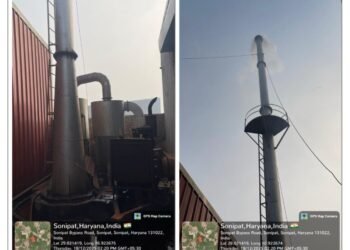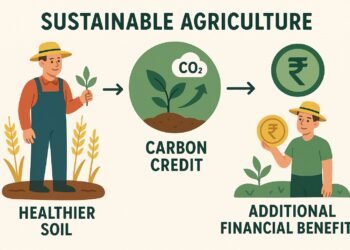Over 50% of India’s electricity generation is coal-based. Coal supplies to the power sector contain 44% ash on an average. In the year 2011-12, an estimated 108 million tons of fly ash was generated. It is further estimated that only 54.53% of fly ash found gainful utilization (central electricity authority report 2011-12). The increased quantum of ash generated and likely to be generated in future, have given rise to growing concerns for maximizing its gainful utilization. The concerns related to low levels of ash utilization are also linked to the environmental and other costs associated with ash disposal.
In the wake of above facts, Tata Power, India’s largest integrated private power utility, has undertaken various initiatives and conducted workshops to educate and spread awareness about the utilization of fly ash from thermal coal-based plants for construction. Tata Power is utilizing the waste generated for our own use in an environment friendly manner and are also sensitizing people on optimum utilization of waste material.
Tata Power has a thermal power station situated in Jojobera in the Jharkhand district. The company follows affirmative action practices to uplift the deprived communities present in the surroundings of its power plants. Tata Power’s Jojobera thermal power station has started manufacturing fly ash bricks. The technology adopted for making fly ash bricks is eco-friendly. It does not require steaming or auto-craving as the bricks are cured by water only. Since a firing process is avoided, there is no emission and no effluent is discharged.
The bricks manufactured are being used inside the plant for making walls and for civil repairing jobs as well as in the community for the construction of rooms and boundary walls. The fly ash brick plant is in line with the company’s sustainability policy and is a step towards social commitment. With this initiative, Tata Power aims to create employment opportunity for the tribal youth present around the Jojobera plant Location.
To provide an entrepreneurial opportunity to the local tribal youth at Jojobera, Tata Power decided to start a fly ash bricks making unit in Jojobera. Following pie chart shows the ST population within different states of India.

As the Chart above clearly shows that the % population of ST in state of Jharkhand is 8.3 out of total ST population in India. The ST Population is 26.2% in Jharkhand. According to census 2011, East Singhbhum district in Jharkhand, where Jojobera is located; stands second for tribal population in Jharkhand state (SC/ST Population is 34%). The literacy rate for Jamshedpur is 78.5% where most of the tribal population lack higher education and therefore are deprived from employment opportunities which require skilled labor. Considering this fact, Tata Power thought of venturing an entrepreneurial program which will include this tribal youth and provide them chance to improve their lifestyle.
The conventional practice of firing clay bricks in traditional kilns consumes large quantities of coal, firewood, and other biomass fuels. The Indian brick industry, which is the second largest producer in the world, next to China, consumes more than 24 million tons of coal annually. Conventional clay bricks lead to erosion of the top soil which is harmful to the environment and hence of concern to the government and agricultural scientists as it affects fertility of land available for cultivation and growing crops. Eco-Bricks means technically superior fly ash-based bricks which are better in terms of strength, water absorption, efflorescence and other parameters compared to normal bricks.
Market Scenario for Flyash Bricks
The country consumes about 180 billion tonnes bricks, exhausting approximately 340 billion tonnes of clay every year and about 5000 acres of top soil land is made unfertile for a long period. The Government is seriously concerned over soil erosion for production of massive quantities of bricks, in the background of enormous housing needs.
The excellent engineering property and durability of fly ash brick enlarges its scope for application in building construction and development of infrastructure, construction of pavements, dams, tanks, under water works, canal lining and irrigation work etc. An enormous quantity of fly ash is available in and around thermal power stations in all the states. The demand of bricks could be met by establishing small units near thermal power stations and to meet the local demand with less
transportation costs.
Read the Full case study.





















